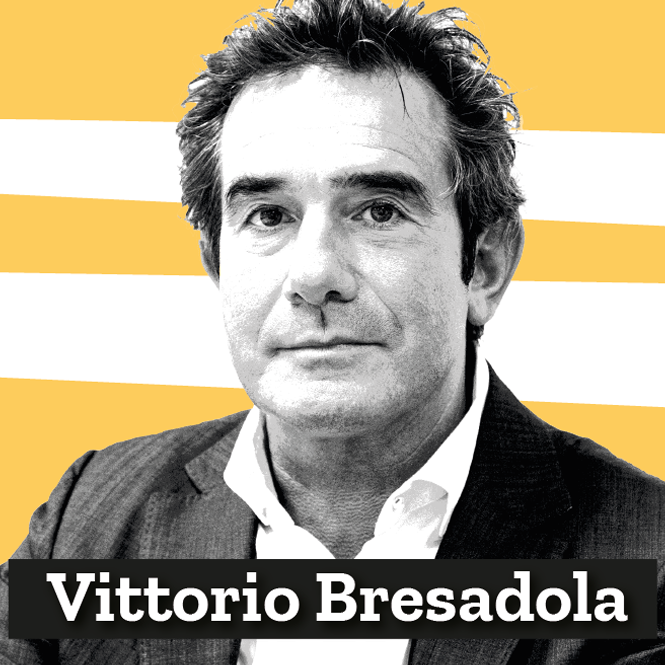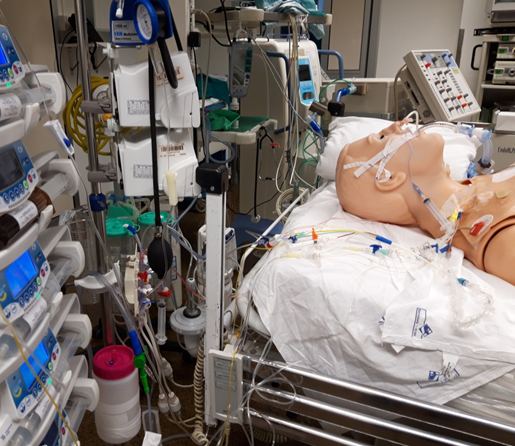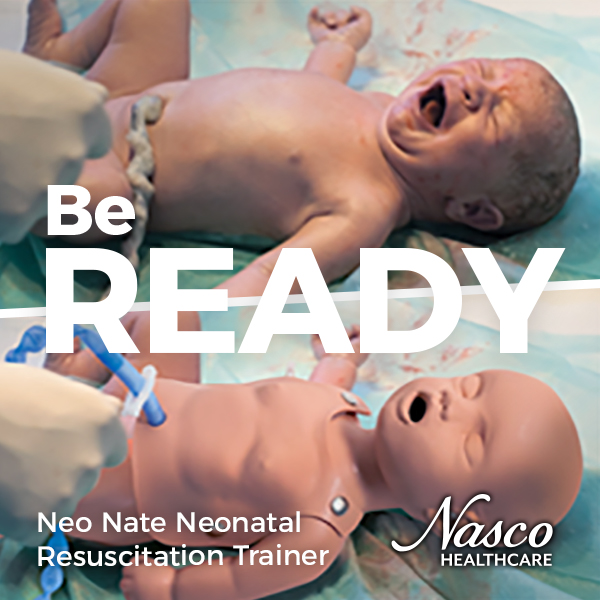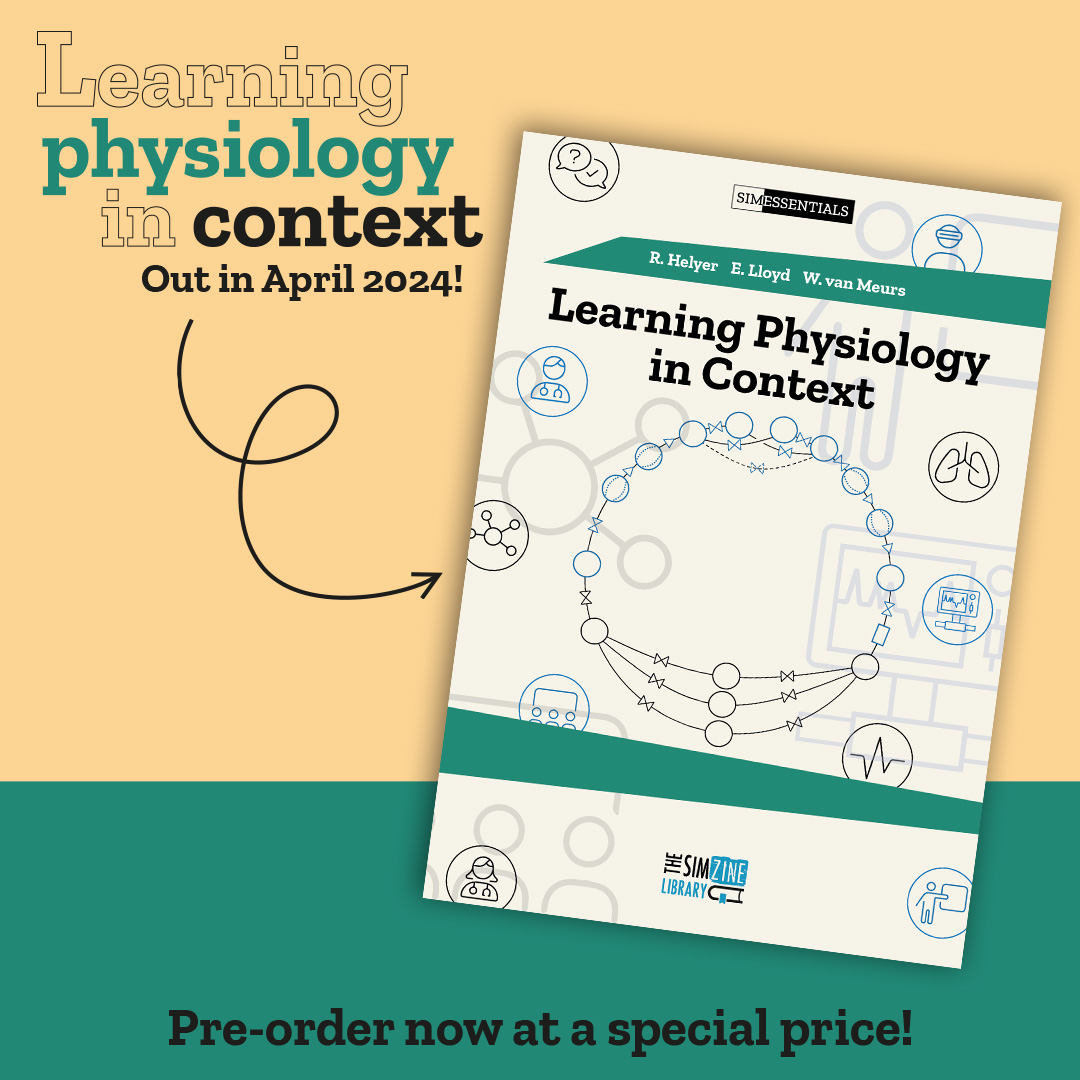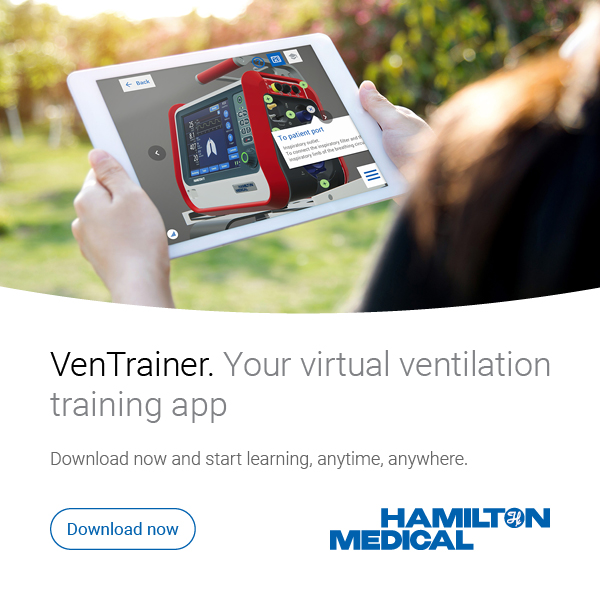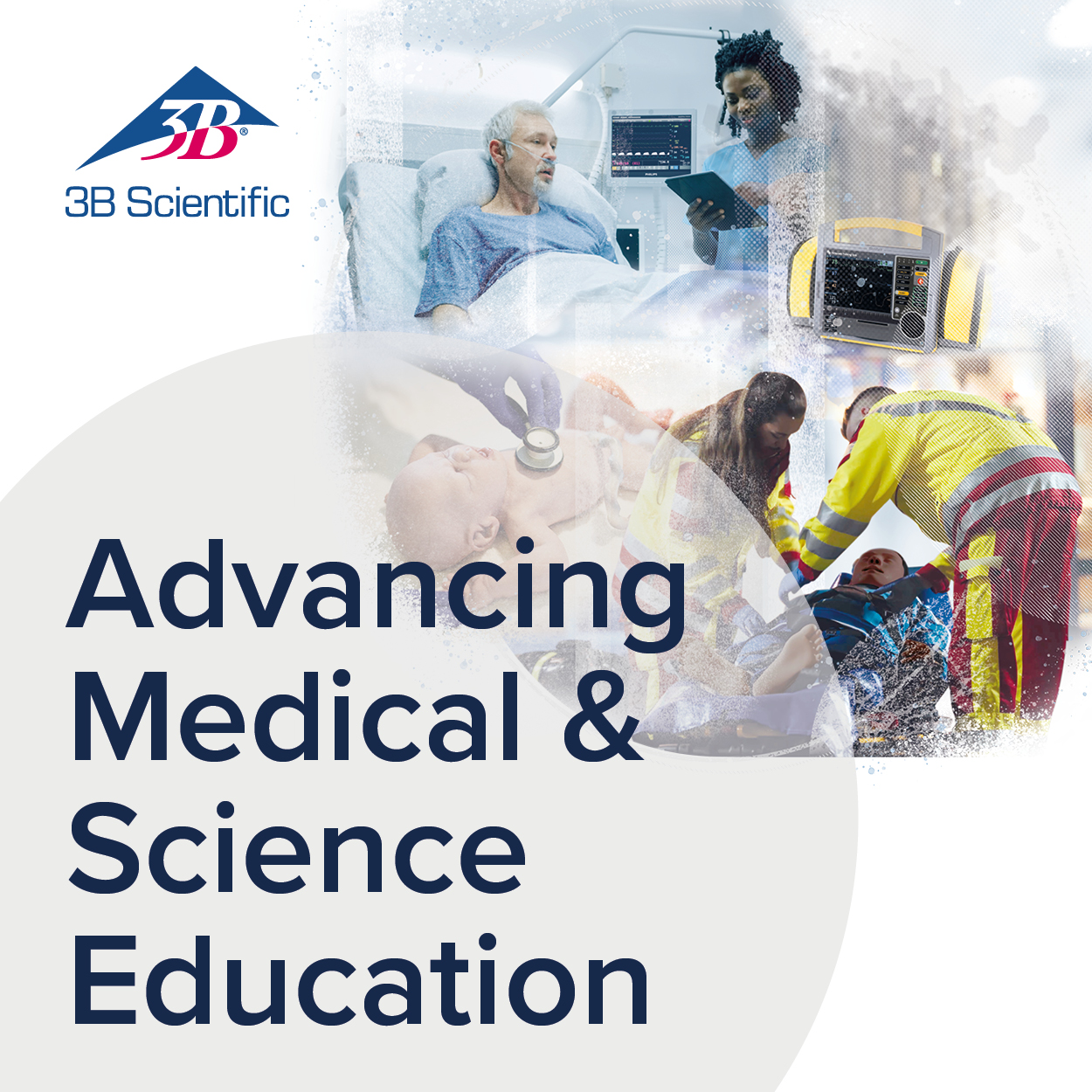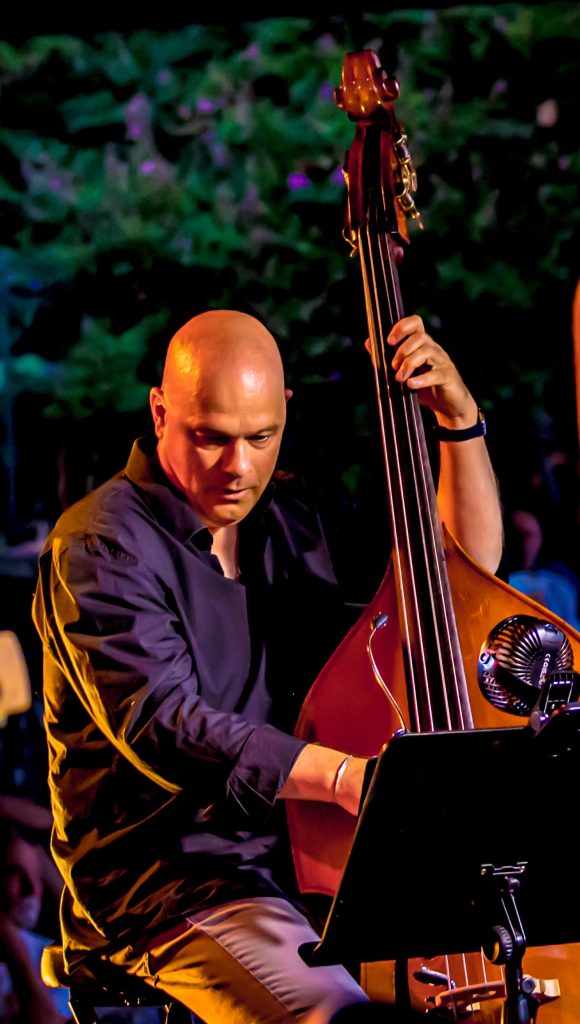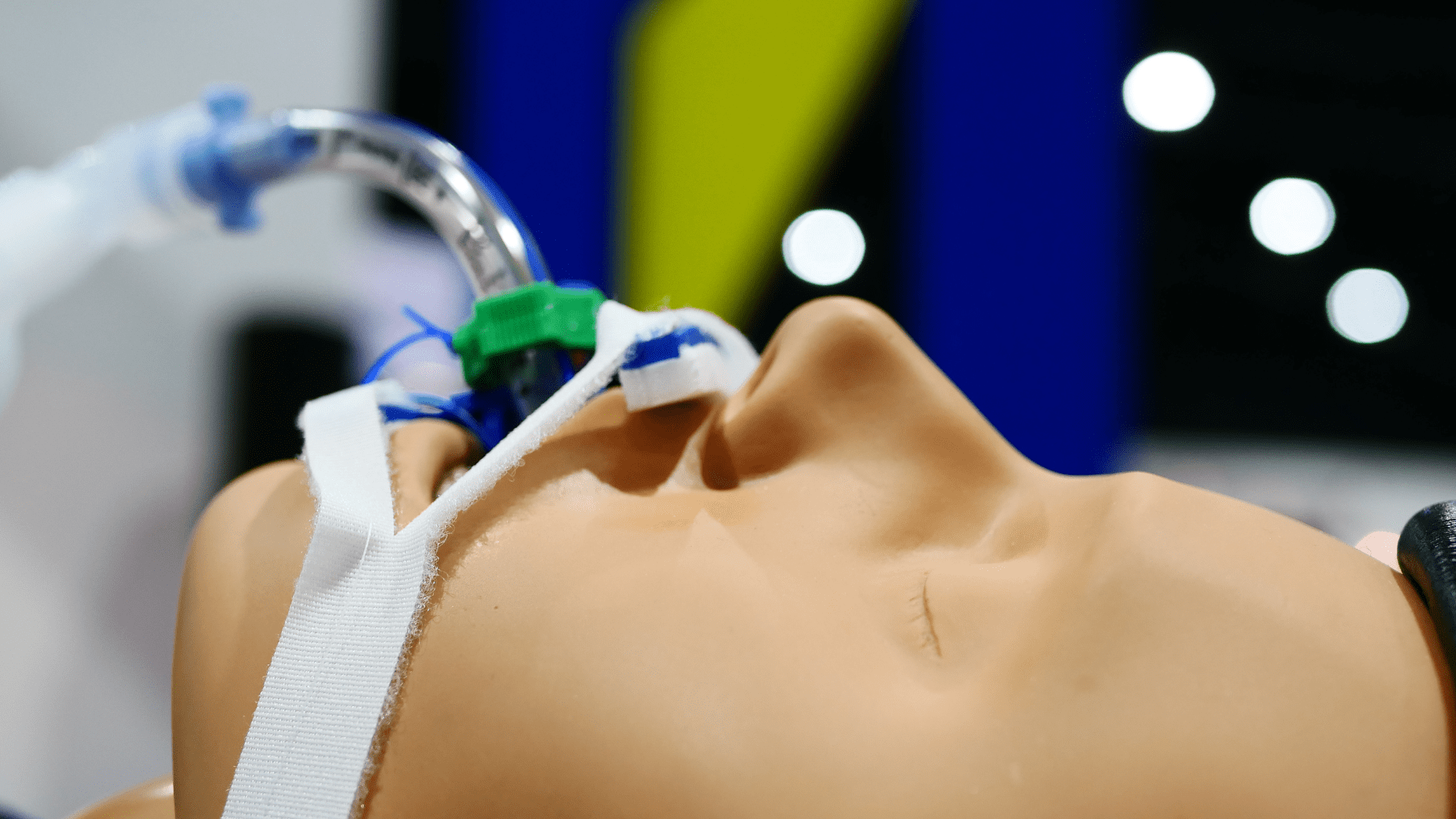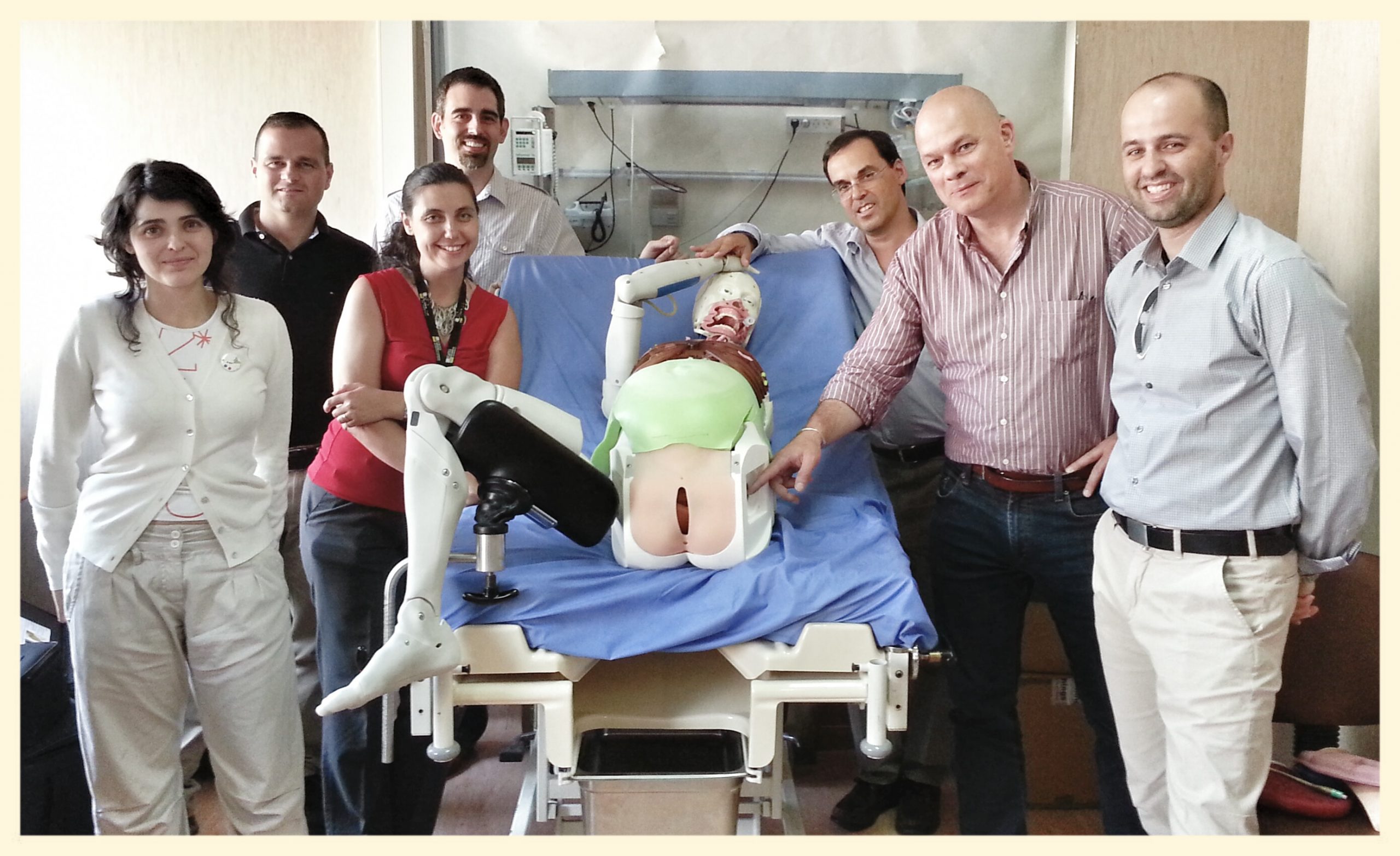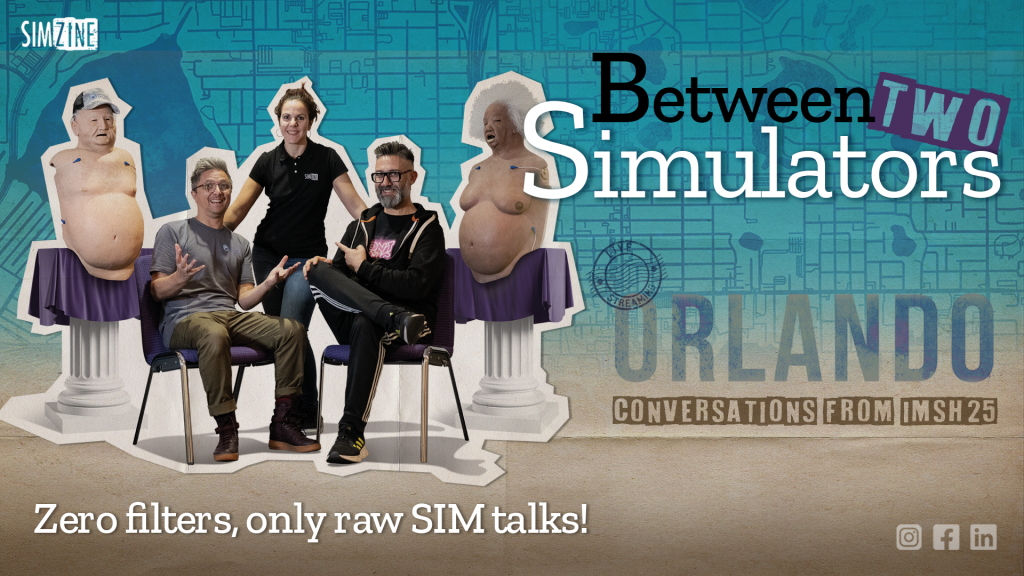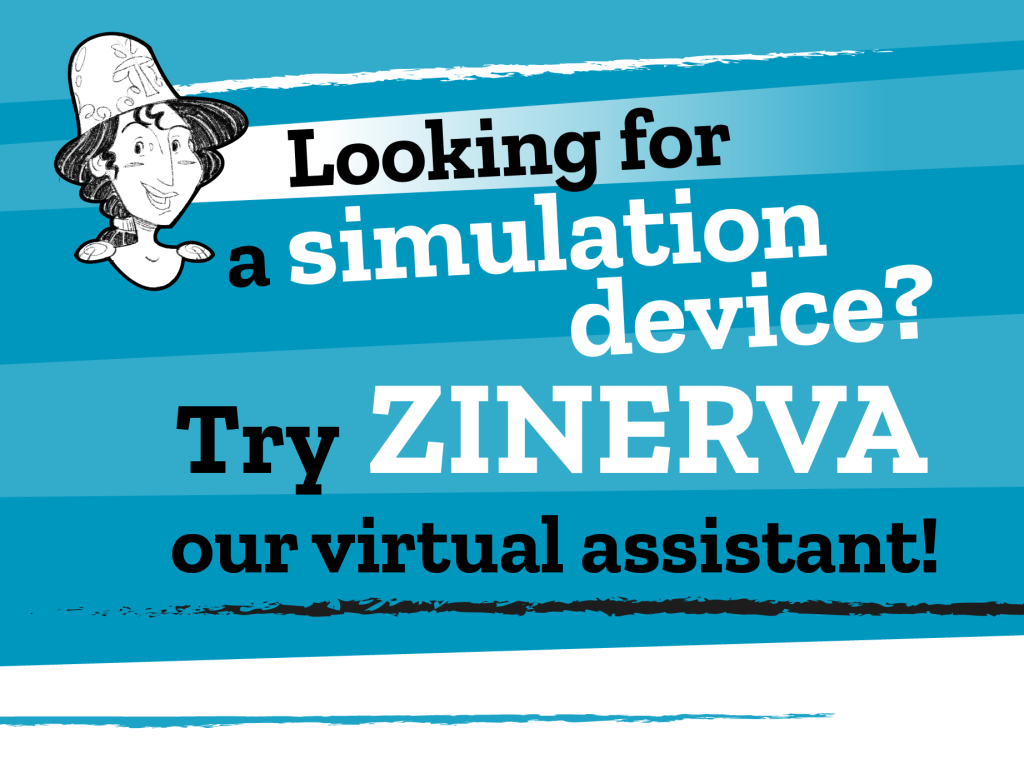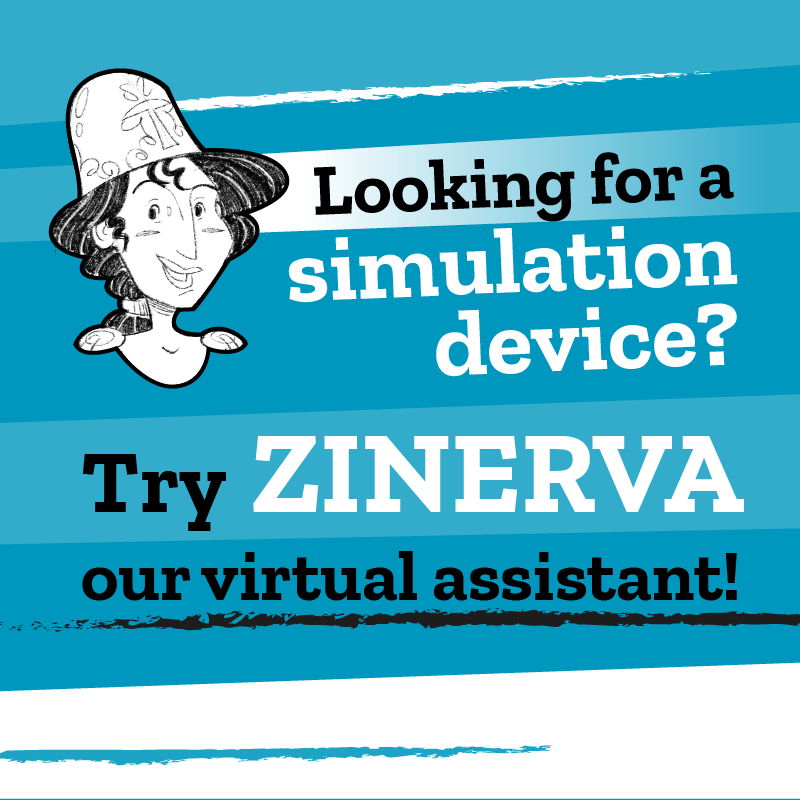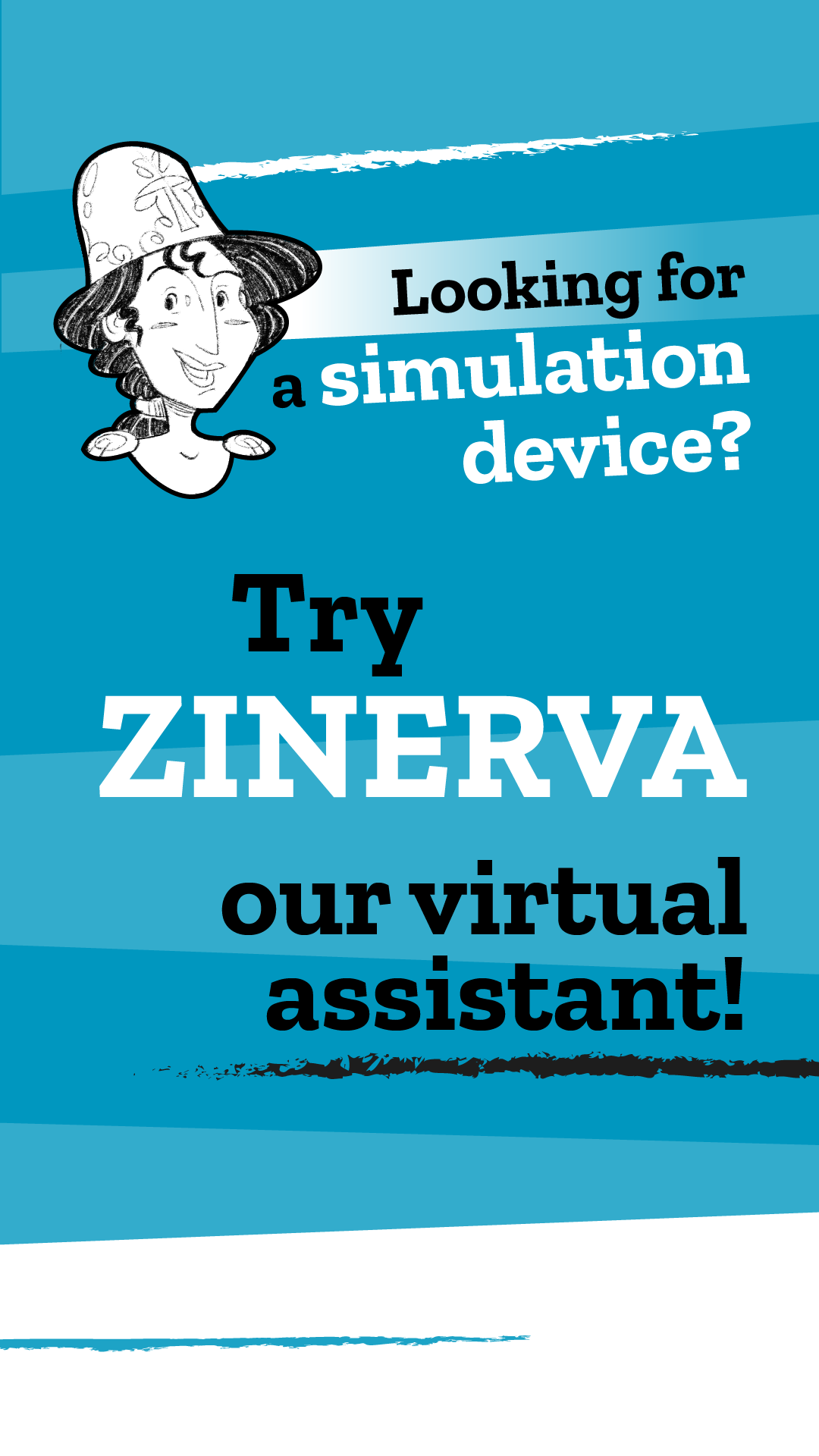Simulation for the degree in Nursing told through the words of the nursing tutors and professors of the CSAF of Udine in an interview by Vittorio Bresadola.
The Simulation and Higher Education Center of Udine was born in 2016 from a shared project between the Department of Medicine of the University and the Health Authority of the University of Udine, aimed at promoting training in the health sector through the use of simulation. The Nursing Degree immediately made this training approach its own, implementing and experimenting with different simulation methods.
In order to demonstrate how simulation can be a fundamental tool specifically in nursing education, I met with my nursing tutors and teachers to learn more about their experience.
What is the place of simulation among the activities proposed to the students of the Nursing Degree?
Dr Illary Achil
Simulation is one of the strategies offered to students in the three years of the degree on different occasions, specifically in laboratories and exercises. Given the importance of favoring not only the development, but also the maintenance of the skills of students and recent graduates, we give the latter (at least 3 months after graduation) the opportunity to experiment with high-fidelity simulations, guaranteeing the briefing and debriefing. Subscriptions are made online, each participant can evaluate the cases offered and choose according to their needs. In these initiatives there is room for the review not only of technical skills, but also of relational and decision-making skills, offering participants a benchmark for clinical practice.
We are coming out of two years of pandemic, has the simulation activity stopped in this period?
Dr. Elisa Mattiussi
The pandemic has forced us to rethink many of the planned activities, from distance education to workshops. During the lockdown, we developed distance training packages based on interactive microsimulation, creating a simulated environment (virtual hospital, from 2 to 8 rooms) in which the students “entered” and took care of the patients. The dynamic development features of events, the variations in clinical conditions and the available resources can consolidate the decision-making capacity, without neglecting the clinical details. As soon as the conditions of the pandemic allowed, we resumed face-to-face laboratory activities, using simulation both to develop technical skills and to favor more articulate skills, problem solving, and teamwork; proposing cases of increasing complexity depending on the year of the degree.
In recent years your group has experimented with different simulation techniques and methods, can you give us some examples?
Dr Stefano Fabris
In addition to the more traditional simulations, we carefully take care of the simulated cases implemented for the development of relational skills. These also include the participation of standardized patients, or actors specially prepared to identify with the scene and experience the case together with the simulants. These simulations require careful and detailed preparation of scenarios, documentation, devices and make-up. However, this only represents support for participants to experience relational aspects that, due to their frequency, impact or management difficulty, deserve to be simulated before they can occur; opening the way even for a hybrid simulation.
Can simulation lead to experiences of integration with the clinical professional area?
Dr Stefano Fabris
Simulation represents more than ever a valuable opportunity for discussion among professionals, offering opportunities for dialogue regarding clinical problems and possible solutions, both in the design phase and in the application and debriefing phase. The follow-up of the students in practices in the different clinical sites, offers a privileged condition in the collection of useful ideas for the realization of integrated simulation projects between university training and the professional field. At CSAF we collaborate in particular with some clinical departments that are more attentive both to the insertion of new recruits and to the development of new skills in experienced professionals.
Can simulation be considered for guidance activities aimed at high school students?
Dott. Davide Caruzzo
CSAF organizes orientation events and activities for high school students. Guided tours, thematic presentations and participation in examples of university conferences were activated, with the involvement of the students of the course. Interactive and attractive modalities are favored, which allow a kind of immersion of the participants in a brief tour that can range from theoretical content to the handling of a simulated clinical case. Even during the pandemic period, in which it was not possible to give access to external students, we guaranteed remote events, encouraging interaction through microsimulation or live connection with the Center.
CSAF in Udine was born as a training space but also as a cultural meeting place. What were the proposals that you promoted?
Dr. Irene Mansutti
The CSAF represents not only a place for simulations, but an environment (real and virtual) for the development of knowledge and skills. The interest, in fact, is also directed to the study and experimentation of new training, teaching, learning and evaluation strategies. During the most intense period of the pandemic, we were able to hold important training events, through remote meetings with national and international experts dealing with teaching, learning and simulation. It was possible to share new strategies adopted to guarantee the training of students, encourage the use of technological/computer supports, broaden the panorama of possible resources that can be activated in a simulation center.
Dott.ssa Illary Achill
Responsible for professional training activities.
illary.achill@uniud.it
Dott. Davide Caruzzo
Didactic tutor.
davide.caruzzo@uniud.it
Dr Stefano Fabris
Didactic tutor and Coordinator of simulation activities
stefano.fabris@uniud.it
Dott.ssa Irene Mansutti
Didactic tutor.
irene.mansutti@uniud.it
Dott.ssa Elisa Matiussi
Didactic tutor.
elisa.matiussi@uniud.it
READ ALSO


